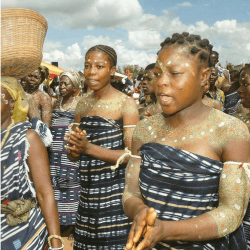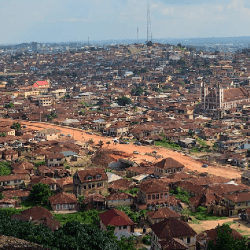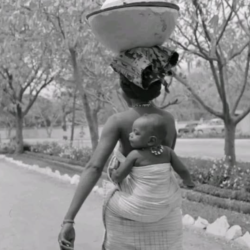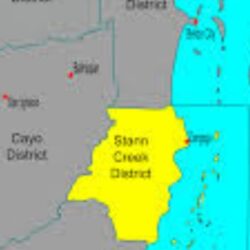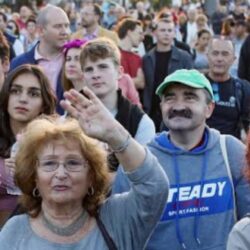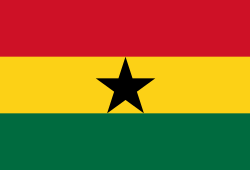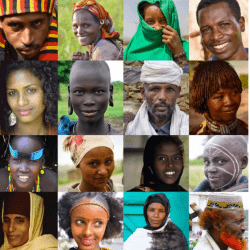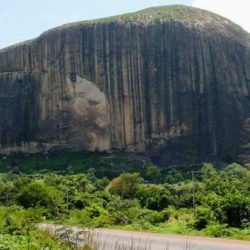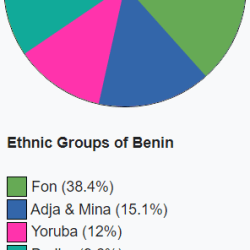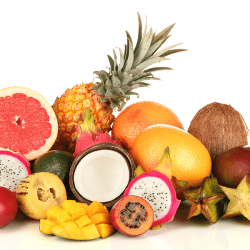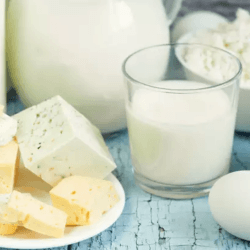Akan is the largest ethnic group in Ghana. They predominantly inhabit the Ashanti, Eastern, Central, and a portion of the Western regions.
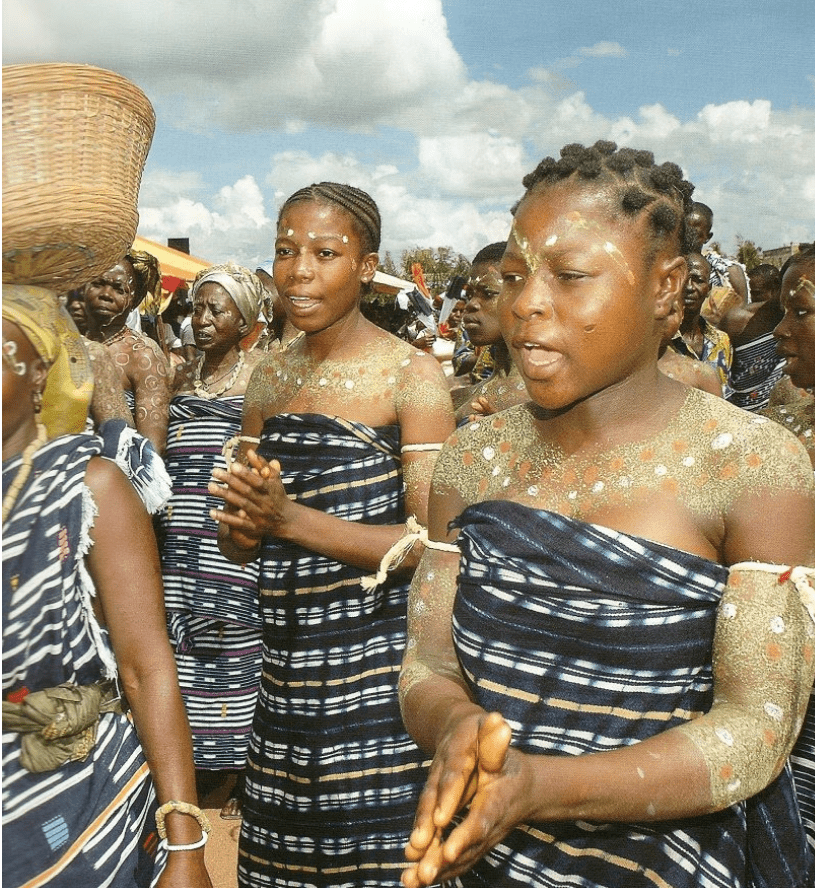
The Akan people have an interesting and rich cultural heritage which is a product of acombination of their language, music, dance, art, and traditional beliefs.
The Akan people are a Kwa group living primarily in Ghana and in parts of Ivory Coast and Togo in West Africa.
The Akan language (also known as Twi/Fante) are a group of dialects within the Central Tano branch of the Potou–Tano subfamily of the Niger–Congo family.
Subgroups of the Akan people include: the Agona, Akuapem, Akwamu, Akyem, Ashanti, Bono, Fante, Kwahu, Wassa, and Ahanta.
The Akan subgroups all have cultural attributes in common; most notably the tracing of matrilineal descent in the inheritance of property, and for succession to high political office.
The Akan people are recognized for their gold workmanship and were one ofthe major gold-producing areas in Africa during the pre-colonial era. Also, thehave a long history as good farmers and merchants.
Matrilineal inheritance is one of the most prominent cultural customs amongthe Akan people. This indicates that property is inherited through the motherline rather than the father’s. Also, the Akan people celebrate other traditionalfestivals throughout the year, such as Adae Kese, which is held every 42 daysto honor ancestors.
The Akan language has a number of dialects, notably Asante Twi, which iswidely spoken in Ghana due to its frequent use on radio and television.The Akan people have made enormous contributions to Ghanaian society andcontinue to shape Ghana’s cultural identity.
Akan is not just the largest and most wide-spread groupin Ghana but also inCote d’Ivoire. It is believed that the roots of the community are from the Sahregion and the Savannah.
The Akan people or community consists of different groups all of which havetraced a common origin. The community is believed to be as old as the Cong forest. Some of the prominent personalities who are members of the group include the great Kwame Nkrumah, Kofi Annan, Mario Balotelli, John Atta MillIdris Elba, Jerome Boateng among many others. If you would like to know a few more things about the Akan people then the following is a brief history of their language, religion, and political organization.
Language
Most Akan people speak the Twi Fante. Others speak the Bia language. Themajority of the Twi speaking communities include people from the Akuapem,Asante, and the Akyem. The Bia language is spoken by groups that includeAgon, Kwahu, Wassa, and the Fante. An average Akan person speaks EnglishThe average population of Akan people is estimated to be about 20 million. Itis one of the west African tribes or group of people that have maintained theiindigenous languages and which has not been influenced so much by the Wes
Religion
The Akan’s are very religious people. Most of the contemporary ones areChristians. Even though they are surrounded by other religions like Islam, themajority still maintain their Christian faith.
Social organization
Initially, the Akans were organizedinto a small kingdom called Bonoman.
They also engaged in various tradingactivities like slavery and gold mining to keep their families. This brought thea lot of wealth. Most Akans still live in an extended system of family.
Political organization
Politically, the Akans are organized into a group of several extended familiesheaded by a council of elders.
The council of elders is elected by the memberof the extended family. All the property and power is bound within thematrilineal system. This means that all the important decisions are done withthe political unit. The land is managed by the lineage and all the land disputeare settled within the matrilineal system.
Marriage within the system isforbidden and the marital restrictions are highly observed and respected.There are also certain benefits which Akans derive from their respectivematrilineal line. For instance, the surname can be inherited depending on theNtoro. Ntoro is simply what is reserved by the matrilineal line for an Akan.
They, however, do not totally disregard the patriarchal system. Inheritancerights are basically vested in the male, but when there are no more maleheirs, it is then extended to the female. They have a centralized politicalsystem that is unique even among its neighboring communities.
Economic activities
Initially, the Akan people mostly were engaged in the slave trade and thuswere a major key player in the transatlantic trade which was highly based onslavery.
However, they later engaged in gold mining which became a lucrativebusiness and a major economic activity among them.
The Akan people now engage in farming activities for their day-to-day livelihood.Some have even diverged into the international business world. Others havemoved into the urban areas to engage in different activities and work in theindustries. Those who remained in the village areas are also engaged inactivities like gold mining and cocoa farming.
Akan people have a very distinct culture which has remained despitemodernization, globalization, and urbanization. Their culture is unique withvaried symbols and meanings.
